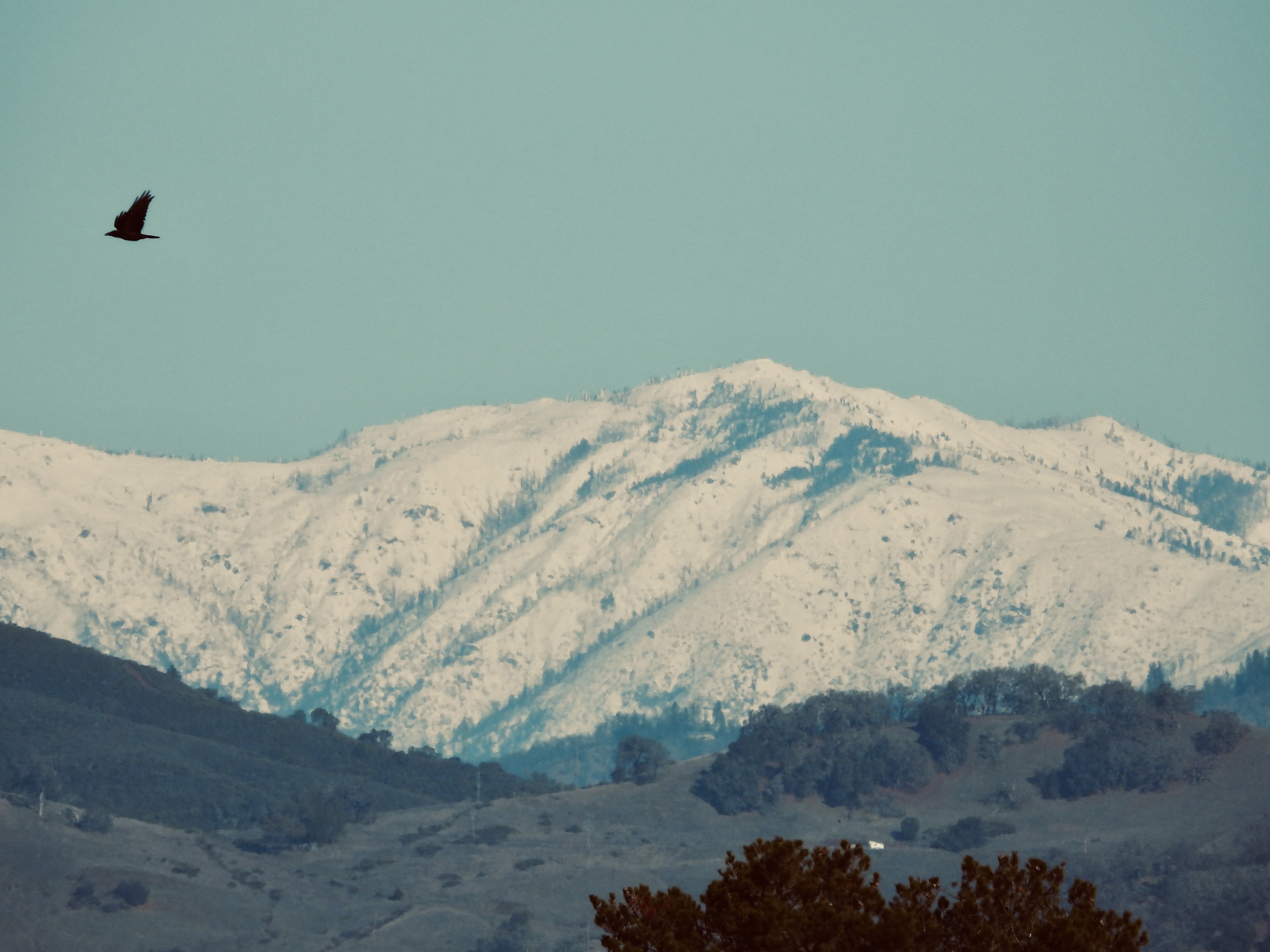The following article was written by the Peace & Harmony Foundation of Mendocino and republished with their permission:

Several new timber harvest plans set to take place on thousands of acres along the Mendocino Coast — continue to raise community concerns.
The Jackson Demonstration State Forest is a large 48 thousand acre California Demonstration Forest. The land that runs in between Willits and Fort Bragg, and south to the Big River watershed near the towns of Caspar and Mendocino originally belonged to the Me-tum’mah, or Mitom Pomo. Evidence of the Mitom Pomo on the North Coast dates back at least 3,000 years. The land was taken over by settlers in the 1800s. After years of intense logging, the land was purchased by the State of California, in 1947.
The logging industry is one of Mendocino County’s highest grossing industries, categorically falling in line behind top agriculture earners: (cannabis, tourism, and the wine industry). Logging contributes about 130 million dollars to Mendocino County’s local economy, every year.
Coast redwoods grow at a rate of about 8 feet per year and can be harvested every 40 years. Coast redwood trees are vital to environmental well being. Studies show that coast redwoods capture more carbon dioxide than any other trees on Earth.
Long term erosion and habitat destruction from past logging has caused severe impact to both on and offshore ecosystems. Ecological damage from unsustainable logging practices can cause disruptions in our oceans, such as depletion of kelp forests and loss of salmon and steelhead runs.

The North Coast’s redwoods serve as a sanctuary to an abundance of different birds and wildlife habitat. A complex and bio-diverse flora and fauna of fungi, plants, and amphibian life coexist beneath the canopy of this magical coast redwood forest; that when disturbed may take decades to restore. Endangered and threatened species will undoubtedly endure losses, if steps aren’t taken to minimize erosion and habitat destruction from industrial logging in the Western Jackson Demonstration State Forest.
One of the timber harvest plans in question is the Little North Fork Big River, 484 acre timber harvest plan. It will present a major threat to the well being of the pristine lower Big River watershed and estuary. The Big River estuary’s clear blue waters extend 8.3 miles upstream, and form the longest undeveloped estuary in the State. Big River Beach and the outlying, densely forested public lands along the Mendocino coast are a year around tourist attraction for outdoor ecotourism activities.
The Big River estuary is extremely sensitive to marine habitat destruction, due to its steep slopes, and its expansive and intricate system of lower lying waterways that connect with the 8.3 mile long estuary. The waterways are very susceptible to long term erosion of toxic concentrations of silt and sediment, as a result of industrial logging activities. In the event of logging in this area, large quantities of sediment would be allowed to drain directly into salmon bearing streams.
In recent years, three timber harvest plans that occurred near the main fork of the neighboring Noyo River have been absolutely devastating to the already silt and sediment ridden stream and contaminated estuary, where toxic concentrations of murky water from the timber industry’s erosion and fishing industry waste have accumulated after over a century of continuous, harsh industry practices.
There is a beacon of hope in all this. The Biden administration has pledged to conserve 30% of U.S. land and waterways by 2030, which would comprise more than 400 million acres in the next ten years.

The Mendocino Trail Stewards have launched a campaign to pass legislation to create an approximately 20,000 acre Redwood Forest Reserve with a mandate for non-motorized recreation, carbon sequestration, and climate change mitigation science, within the Jackson State Forest. Various environmental NGO’s continue to raise concerns over industrial logging in Jackson State Forest. The logging projects will potentially face legal opposition in the near future, due to the imminent threats to State and Federally protected endangered species.
In order to mitigate climate change and habitat loss of threatened and endangered species, industrial logging practices will have to become more and more sustainable, in the near future. Restoring carbon offsets in the way of conserving coast redwood forests makes perfect sense, since it’s one of the most rare and vibrant ecosystems on the planet. The goal of the Mendocino Trail Stewards, to protect 20,000 acres of already deemed public lands is a practical step towards reaching our carbon neutral, net zero target by 2050.
Footnotes:
- THE FIRST INHABITANTS, California State Parks: https://www.parks.ca.gov/?page_id=29495….
- [West JDSF Timber Harvest Plan Status: https://www.mendocinotrailstewards.org/thp-status-sheet]
- [Studies show that coast redwoods capture more carbon dioxide (CO2): https://sempervirens.org/learn/redwoods-and-climate-change/]
- [The country will have to conserve more than 400m acres land and inland waterways alone in the next 10 years: https://amp.theguardian.com/…/biden-public-lands-waters…]
- [The longest undeveloped estuary in the state: https://en.m.wikipedia.org/wiki/Big_River_(California)]
- [Mendocino County Crop Statistics: https://www.mendocinocounty.org/government/agriculture]









Harvest it, and you wont loose to wild fires. it will grow back, maybe not in your lifetyme, but dont be so greedy.
Jackson State DEMONSTRATION
Forest. Not much more to say about it!